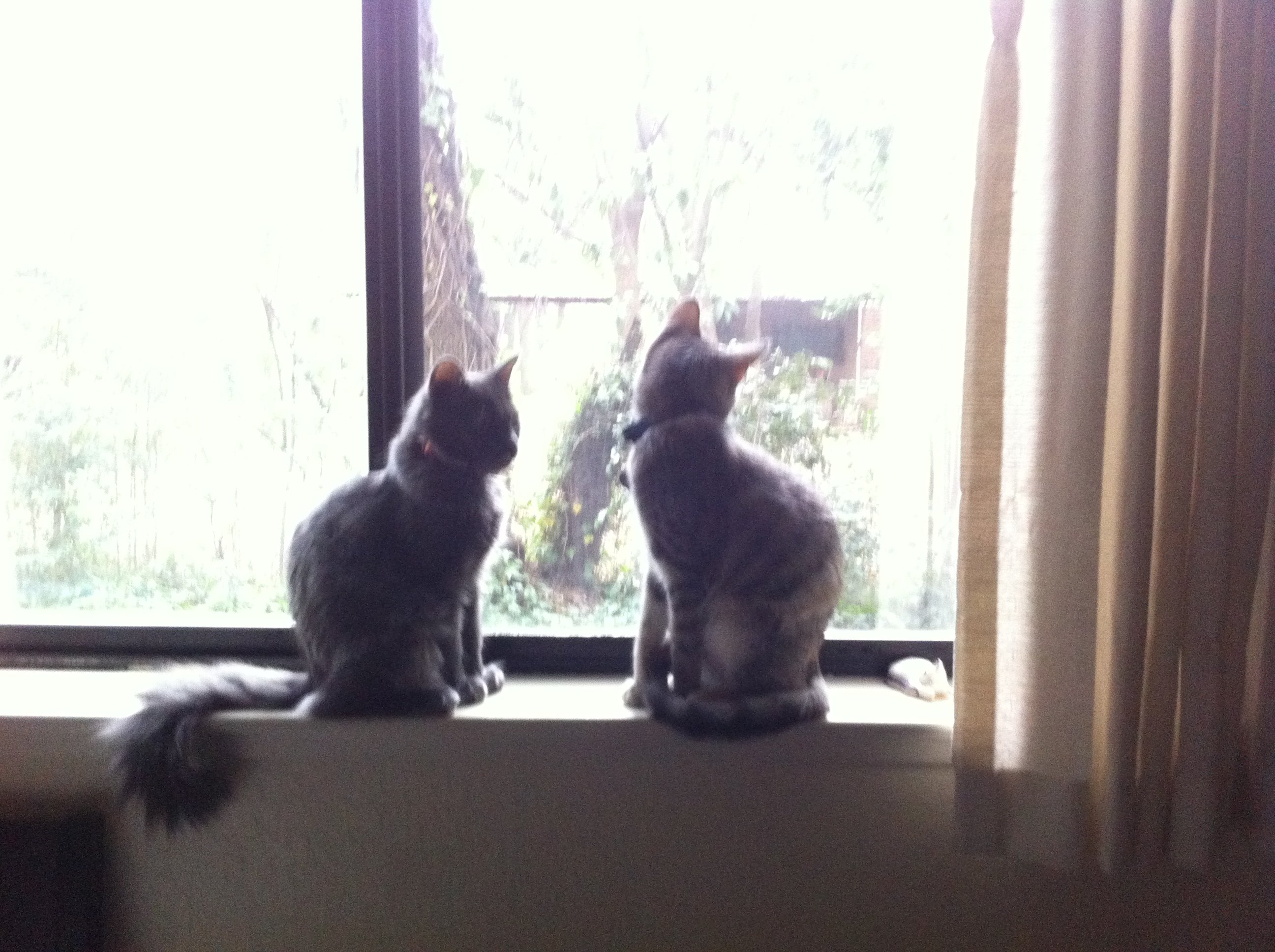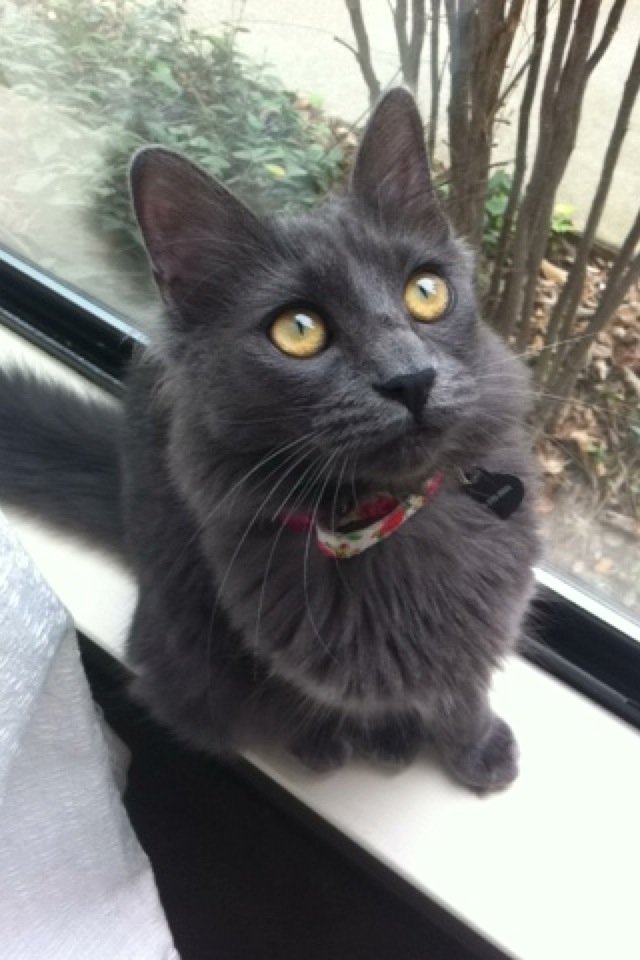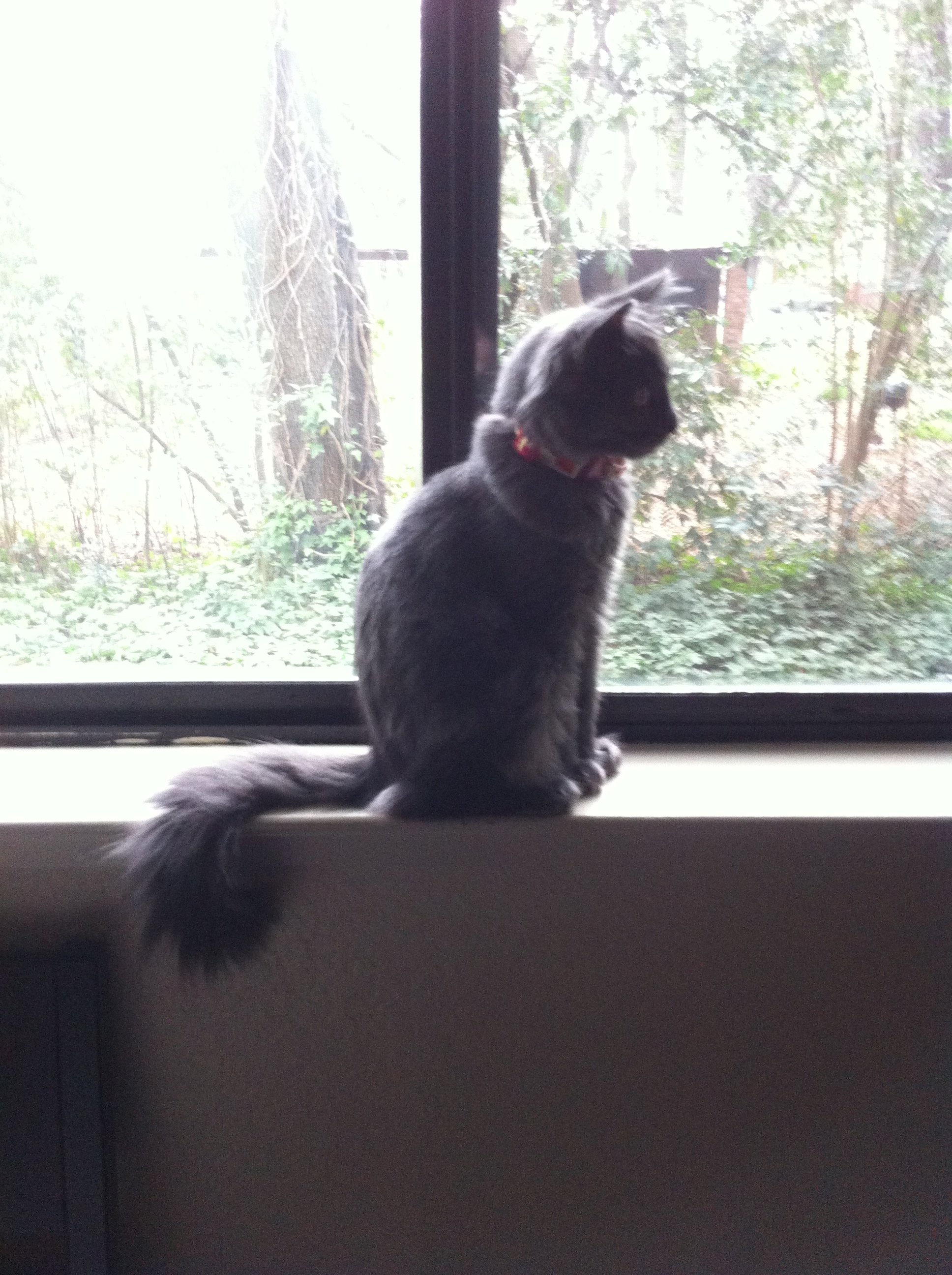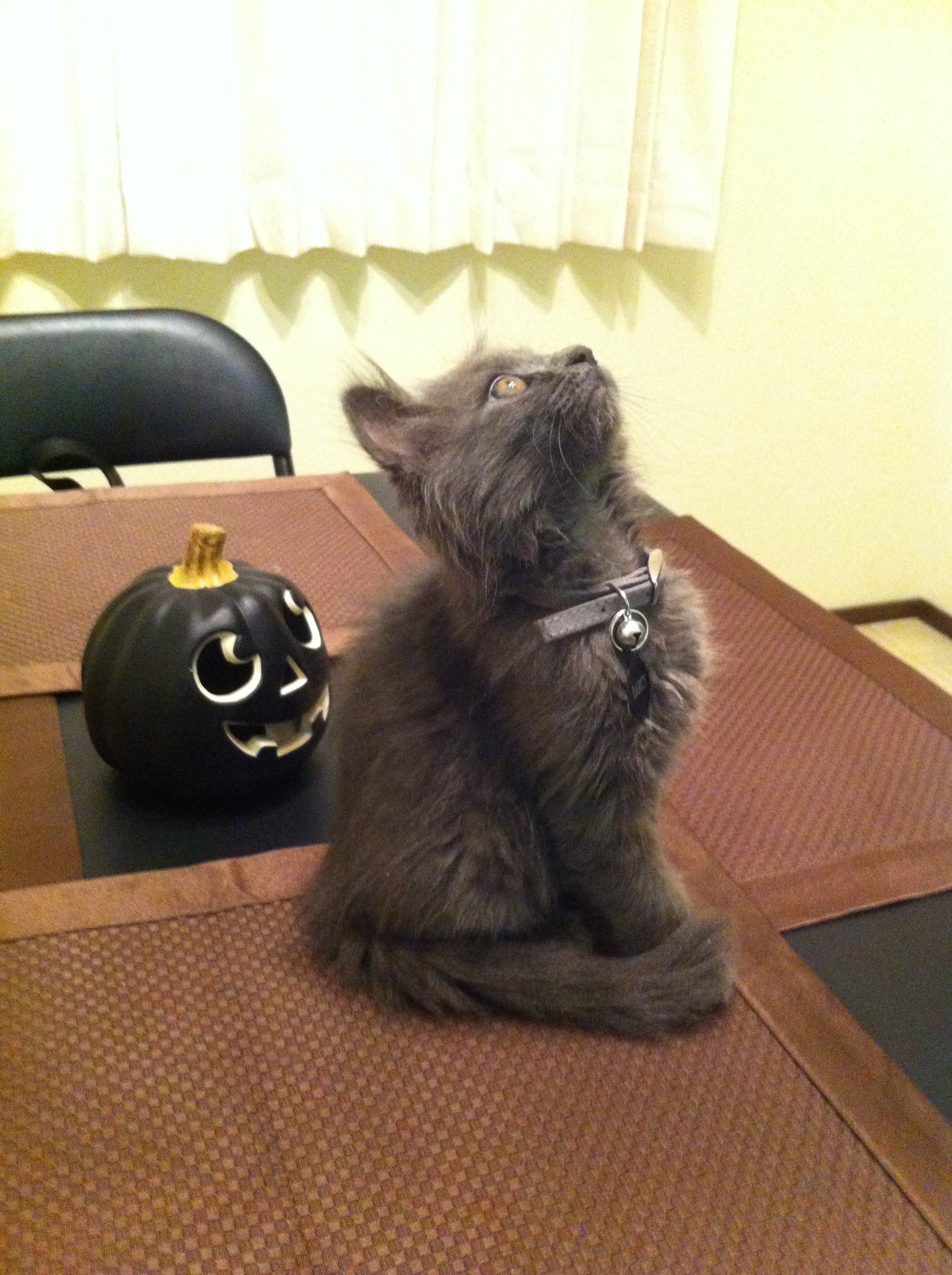
So Long, and Thanks for All the Fish
It’s always interesting to look back on a semester and try to summarize what exactly I learned and retained from a course. We’ve gone over so much material, and we’ve had so many interesting and valuable discussions in this class. With a title like Intro to Literacy Studies, I didn’t know what to expect from the class, but I can say with quite a bit of certainty that I was not expecting to have enjoyed it this much. I’m not really sure how I can sum up in a blog post just how much we managed to cover in the past several months, but I suppose I can try.
I was trying to explain to someone recently what this class was about, and I think that the most important thing I got from it was broadening my view on what literacy means and is. I have been privileged in terms of reading and books and educational environments. I have gone to very good schools that would be impossible to pay for for many people, because of my background or because of my parents. I have a family full of college-educated people, and at holidays, we sometimes talk about Shakespeare. As a result from all this, I had a narrow and possible slightly pretentious idea of what really counted in terms of literature and what was considered valuable reading. I remember the reading and the discussion on literacy sponsors, and it really made me realize that I have had so many amazing sponsors, from my mom to my grandmother to my teachers. I was read to as a kid, I was encouraged to read often, and my sisters and I always got books for Christmas. Because of the way I was raised, I never really understood how someone could be unenthusiastic about reading, or how they could not like it at all. When we got to the discussion about literacy sponsors, it struck me more so than ever that not everyone had that kind of encouragement. It also struck me that my idea of what made literacy valuable was not nearly broad enough. Why are comic books or graphic novels considered less worthy to write essays on? Or why are audio book not considered just as good as traditional reading? After this class, I’m far more aware of how arbitrary the way we place value is sometimes. Just like there are different types of talents and intelligences, there are different types of literacy.
Another reading and another aspect of the semester that has stuck with me was our reading on the different types of literacy, like Literacy as Accessory or Literacy as Defiance. The way literature and literacy is important to someone’s identity is very interesting. People can use literacy to define themselves in all kinds of different ways. From wearing shirts with book covers to picking specific quotes to add to our social media pages, literacy as identity is a significant aspect of this generation. I think this relates quite a bit to the two presentations at the end of the semester about social media and identity. The first one, through making Pintrest boards to describe ourselves, it really shows how identity and literacy coincide. Every choice we make on social media is very specific to how we want the world to see us, and each social media site is a different side of our identities. I found it fascinating to see what people wanted to include in their boards, and how sometimes it seemed to differ from the way they acted in person or it seemed to highlight their more widely accepted interests. The way we pick what we want to include in our online profiles and personas really shows how literacy and identity have changed. And then there was the second presentation, which showed a completely different side to how social media and identity coincide. It was less about how we viewed ourselves and how we wanted to portray ourselves, and more about the way we use social media to pass judgement on others. Just like we pick and choose what we want to show others, we pick and choose what we want to see in others. One of the overwhelming answers in the survey was that whatever people post, it depends on the person whether we find it annoying. We use social media to judge and mock people we don’t like, or we use it to keep in touch with and admire people we do like. To be honest, before this course, I had never given social media a whole lot of thought. I have a facebook, a twitter, an instagram, and a tumblr, but it had never occurred to be how they relate to literacy and identity.
In the second half of the semester, I got to do maybe one of the best things I’ve ever had to do for a class. I got to re-explore children’s literacy. Through Writing Superheroes and Fairytales as Literacy, I spent quite a bit of time this semester feeling nostalgic and thinking about what literacy means to kids. After graduating to high school and taking difficult classes and stressing about finals, it’s not often that I think about what it was like to be a little kid and what sorts of games and books made me excited, and what first got me interested in being an English Literature major in the first place. Writing Superheroes was so funny, and it reminded me so much of the kinds of games I used to play with my friends when I was that age. Reading the stories that the little kids wrote was so much fun. The stories were really funny, full of confusing plots and spelling errors, but it surprised me how much these kids seemed to think about social issues and gender and race. Literacy and media are some of the first ways kids are told how the world is or how it’s supposed to be, and it really struck me how much the kids in the book were affected by these issues. In addition, Cinderella Ate My Daughter and Kissing the Witch really made me think more about how fairytales tell children (especially girls) what the world is supposed to look like and what they are supposed to want. Gender roles and the categories of good and evil are major themes in fairytales, and it makes me wonder how much they are affecting little girls now and how much they affected me when I was growing up.
This class is required for my major, so I would have had to take it anyway, but I’m still so glad I did. I feel like I learned a lot in this class, and I also just really enjoyed being in it. I don’t know if I want to be a teacher. I haven’t figured that out yet. But I know that if I do become a teacher, remembering this class will be incredibly helpful in how I would want to teach.





 Website:
Website: